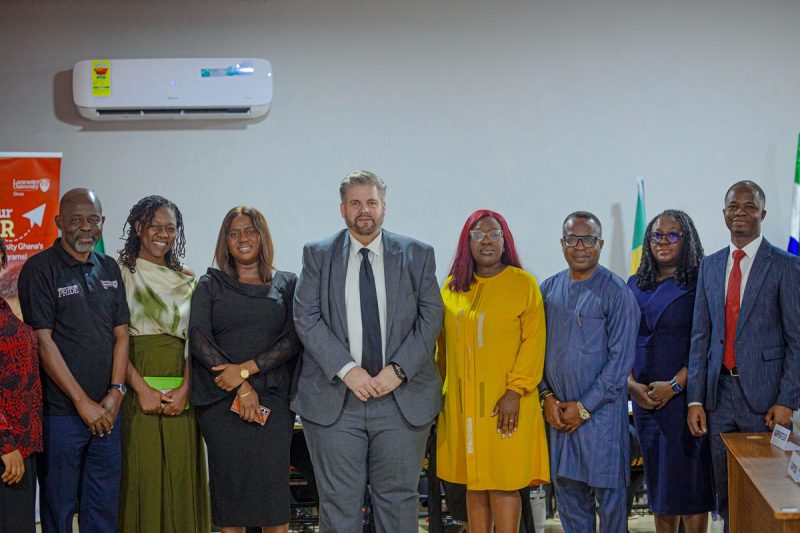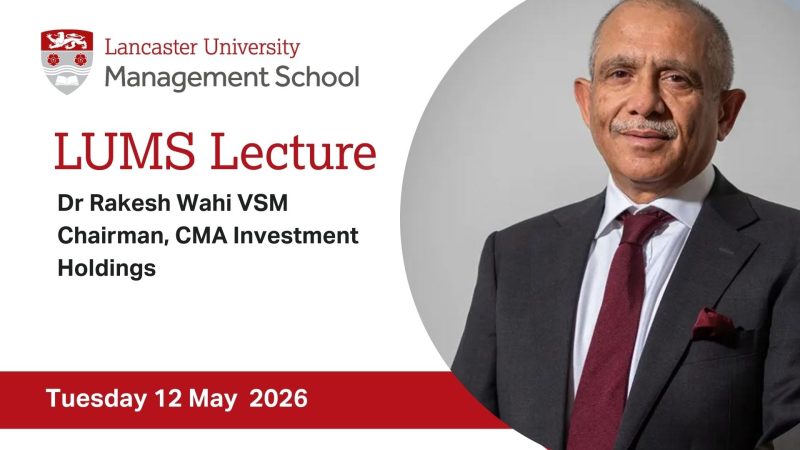The ACU Conference of University Leaders commenced on 27th July 2016 with more than 250 higher education experts from 35 countries gathering to discuss the theme of ‘Defining the responsible university: society, impact and growth’.
Hosted in partnership with Vice Chancellors’ Ghana, with Lancaster University Ghana as the title sponsor, this conference forms part of the ACU’s biennial series for international leaders in higher education. It is one of the highest-profile higher education events that took place in Africa this year – with distinguished speakers coming from more than 20 countries – and the ACU’s first event in West Africa since 1971.
Kofi Annan (Chancellor of the University of Ghana and former Secretary-General of the United Nations), The Hon Prof Dr Naana Jane Opoku-Agyemang, the Minister of Education for Ghana (former Vice-Chancellor of Cape Coast University, Ghana) and The Rt Hon Patricia Scotland QC (Secretary-General of the Commonwealth) opened the event, providing the political context to the debate over what makes a responsible university.
In his keynote address, Mr. Annan spoke of the crucial role of education as a means for development, particularly to address what he called ‘the democratic deficit’ in many countries. ‘Education is the premise of progress in every society,’ he said. ‘It is the basis for sustainable economic growth and a fundamental building block for healthy, democratic societies.’
Following the keynote speech, delegates then broke off into their preferred concurrent sessions, with topics throughout the day covering staff management, employability, funding, scholarships, developing the next generation, and social responsibilities. The concurrent session on “Responsibilities towards staff” was chaired by Professor Andrew Atherton (Deputy Vice-Chancellor, Lancaster University UK).
The second day kicked off with a plenary on the topic of ‘universities, faith and tolerance’, looking at whether universities hold common views of tolerance and freedom of expression – a session which truly demonstrated the strengths of the ACU. Four vice-chancellors of faith-based universities from Africa, Asia, and Europe discussed on equal terms how their work can help contribute to common understanding, emphasizing the need for openness and the need to learn about each other’s traditions.
Professor John Grainger (Provost, Lancaster University Ghana) delivered a paper on “A new, effective model of international tertiary education in Ghana” during the concurrent session on “Working with Africa: barriers and opportunities”. This paper demonstrated that the international branch campus model is effectively developing the skilled leaders of tomorrow by engaging the university, government, and corporate sectors in a dynamic partnership. He said, “The significant annual outflow of students has a proven negative effect on development in Africa – many future leaders remain overseas on graduation, contributing to ‘brain drain’ effect”. “The outflow of education-related expenses also poses a challenge to local economies and a drain on foreign exchange reserves”, Professor John Grainger added.
The final day of the ACU Conference of University Leaders in Ghana provided delegates with the opportunity to engage in debate with a distinguished panel of ministers, as well as each other.
Professor John Grainger participated in the debate on the motion “this house believes that society expects too much of higher education’, chaired by Prof Jan Thomas (Chair of the ACU Council and Vice-Chancellor of the University Southern Queensland). Delegates were joined by students from Lancaster University Ghana and alumni from the Commonwealth and Chevening Scholarship schemes for a lively contest between opposing sides. A vote was taken at the end of the debate, and the motion was lost.
The debate proved a fitting end to three days of dynamic discussions in Accra. Delegates commented on the stimulating programme content, and the refreshing focus on the topic of social responsibility.
View pictures from the conference here.




